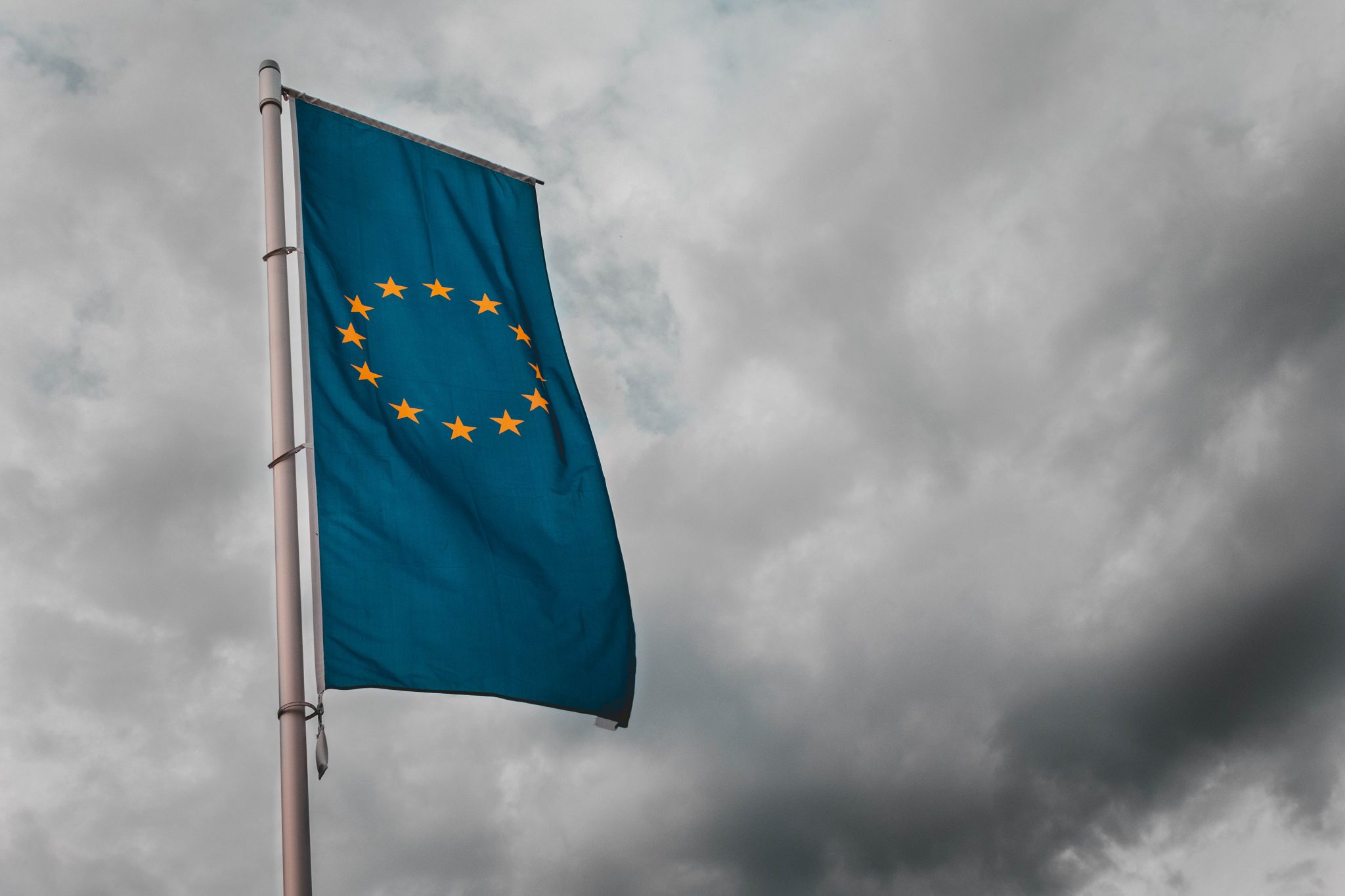
by George Turner | Jul 15, 2020
The decision of the European Court of Justice (ECJ) on the Apple case means that Ireland will have to pay back €13bn in taxes they were told to collect from the company by the European Commission. The Commission’s ruling, which was annulled by the court, found...

by Alex Dunnagan | Apr 23, 2020
A consortium of financial services lobbyists has written to the European Commission calling for a delay to the implementation of anti-avoidance measures due to be rolled out on 01 July.1 As first reported in Law360,2 the letter – also sent to the OECD and to...

by George Turner | Jun 5, 2019
The European Commission has replied to TaxWatch’s call to launch an investigation into the tax structure of Google. The Commission has said it will consider the information provided by TaxWatch as part of its ongoing investigation into tax agreements in Ireland and...




